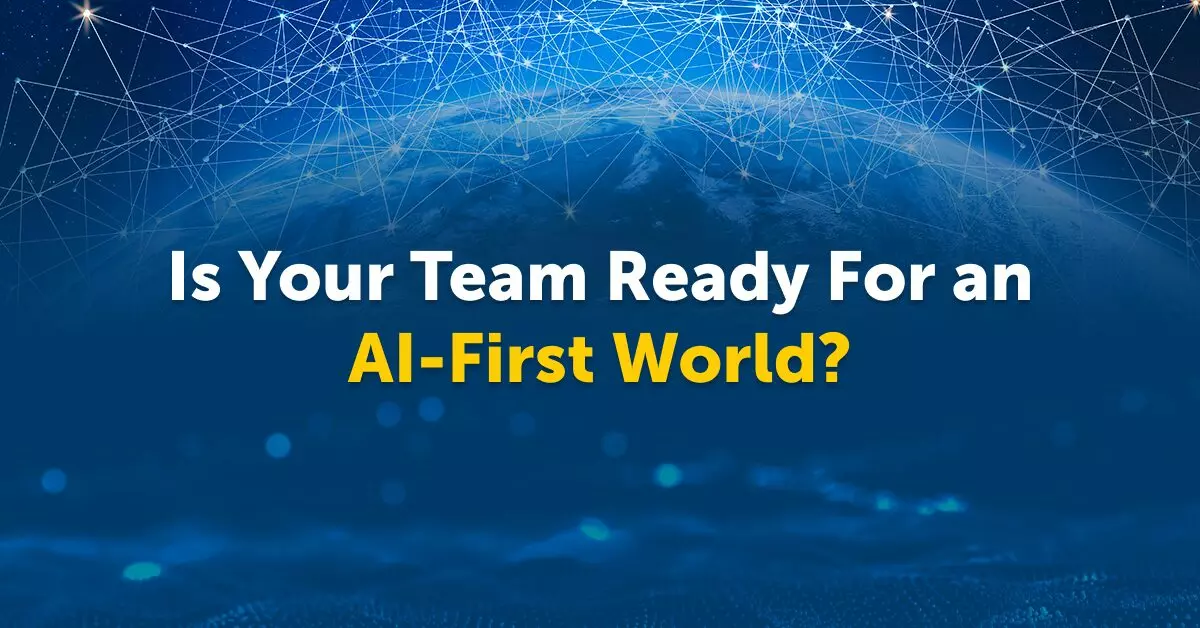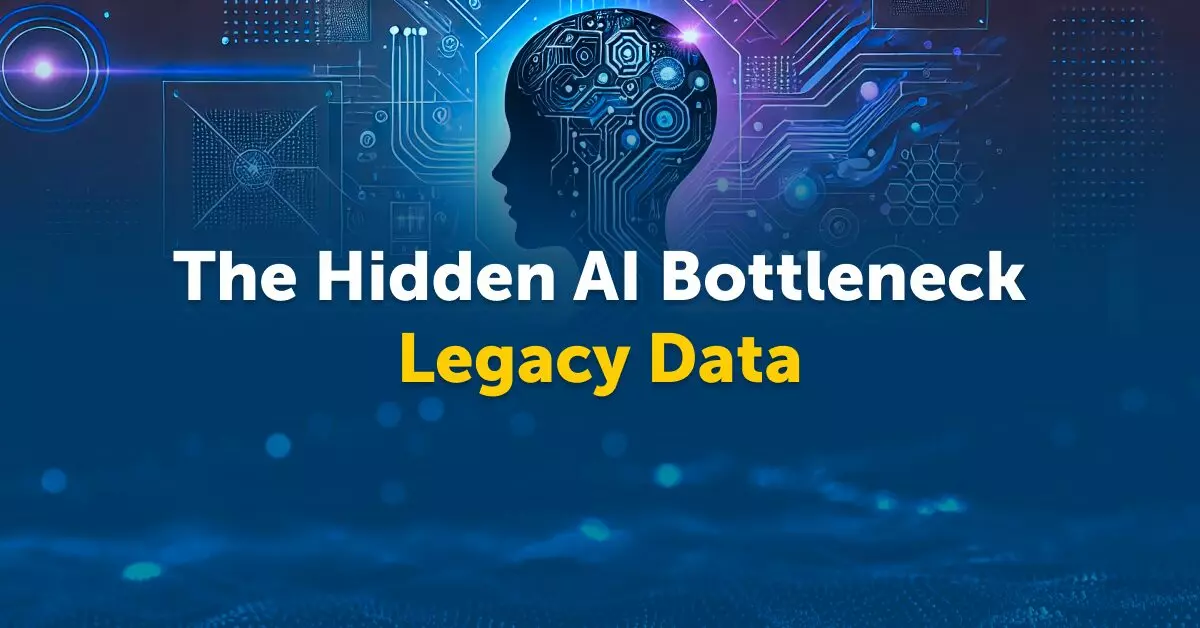Unlocking AI Concepts:
AI Terms
AI in Banking
AI enhances banking through improved fraud detection, personalized customer experiences, and automated processes. It enables real-time analytics and risk management, driving operational efficiency and better financial services.
AI in Consumer Packaged Goods (CPG)
AI revolutionizes the consumer packaged goods (CPG) industry by optimizing supply chains, personalizing customer experiences, and improving demand forecasting. It enhances operational efficiency and drives product innovation.
AI in Energy
AI in energy enhances resource management, boosts energy efficiency, and optimizes grid operations. It enables predictive maintenance and real-time energy forecasting, helping the industry transition to sustainable and cost-effective energy solutions.
AI in Finance
AI is used in finance to improve risk assessment, fraud detection, and decision-making processes. It enhances operational efficiency and accuracy, supporting financial institutions in managing complex tasks.
AI in Fintech
AI powers fintech by automating processes like payments, lending, and investment management. It ensures secure transactions and compliance, helping businesses stay competitive in a fast-evolving market.
AI in Healthcare
AI applies advanced algorithms to healthcare, enhancing diagnostics, patient care, and operational efficiency. It enables precision medicine and predictive analytics, leading to better patient outcomes and streamlined processes
AI in Insurance
AI transforms the insurance industry by enhancing underwriting, claims processing, and customer service. It helps insurers assess risks more accurately and deliver personalized policies, improving customer satisfaction.
AI in Legal Services
AI streamlines legal services by automating document review, contract analysis, and legal research. It reduces time and costs while improving accuracy, allowing legal professionals to focus on higher-value tasks.
AI in Life Sciences
AI accelerates innovation in life sciences by aiding in drug discovery, genomics, and personalized medicine. It enables researchers to analyze vast datasets quickly, leading to faster breakthroughs and improved patient care
AI in Media and Entertainment
AI automates and enhances content creation, distribution, and audience targeting in media. It drives innovation by enabling personalized experiences and optimizing production processes.
AI in Retail
AI leverages data to personalize shopping experiences and optimize supply chains in retail. It helps businesses understand consumer behavior, manage inventory efficiently, and increase customer satisfaction
AI in Technology
AI drives innovation in the tech industry, improving product development, automating tasks, and enhancing cybersecurity. It helps companies optimize operations and deliver smarter solutions
Anomaly Detection
Anomaly detection uses AI to identify unusual patterns or behaviors within data. It's vital for detecting fraud, cybersecurity threats, and operational inefficiencies, helping businesses respond quickly to potential issues.
Automation
Automation uses AI and machine learning to streamline repetitive tasks and improve efficiency. By automating workflows, businesses can boost productivity, reduce errors, and allow employees to focus on high-value activities.
Contextual Adaptation
Contextual adaptation is the ability of an AI agent to perceive, interpret, and respond to dynamic contextual information in real time. In the era of agentic AI, this capability is foundational.
Conversational Agents
Conversational Agents automate real-time conversations using AI, providing customer support and handling inquiries. They engage users through chat or voice, improving customer interactions and reducing response times.
Data Analytics
Data Analytics involves examining data to identify patterns and trends that inform decision-making. It turns raw data into actionable insights, helping businesses optimize operations, improve customer experiences, and drive growth through data-driven strategies.
Data Annotation
Data Annotation involves labeling data to make it usable for training AI models. It ensures that ML systems can accurately recognize patterns and make reliable predictions across applications like computer vision, NLP and predictive analytics.
Data Engineering
Data Engineering involves the construction and maintenance of data pipelines to ensure reliable data flow. It underpins AI initiatives by providing clean, structured data necessary for accurate analysis and decision-making
Data Science
Data Science combines programming, statistics, and domain expertise to extract insights from large datasets. It involves using algorithms and machine learning to solve complex problems and inform business strategies, driving innovation and operational efficiency.
Deep Learning (DL)
Deep Learning is a subset of AI that mimics the neural networks of the human brain to process complex data. It is crucial for advancements in areas like image and speech recognition, as well as autonomous systems.
Demand Forecasting
Demand forecasting leverages AI and data analysis to predict customer demand trends, helping businesses optimize inventory, reduce costs, and meet market needs effectively. It supports proactive decision-making, enhancing efficiency across supply chains.
Dynamic Pricing
Dynamic Pricing uses AI and real-time data to adjust prices based on market demand, competition, and customer behavior. It helps businesses optimize revenue, increase sales, and deliver personalized pricing, enhancing customer satisfaction across industries like e-commerce, travel, and retail.
Edge Computing
Edge Computing brings data processing closer to the source, reducing latency and bandwidth usage. By enabling real-time decision-making and faster response times, it supports applications in IoT, autonomous systems, and smart cities, improving efficiency and scalability across industries.
Ethical AI
Ethical AI involves developing and deploying AI systems in ways that are fair, transparent, and accountable. It ensures that AI technologies respect privacy, reduce bias, and promote trustworthiness in business applications.
Explainable AI (XAI)
Explainable AI focuses on making AI decisions and processes transparent and understandable. It ensures that AI systems can be trusted by providing clear insights into how decisions are made, which is critical for regulatory compliance and ethical AI practices.
Image Recognition
Image Recognition leverages AI to analyze and interpret visual data, enabling tasks like object detection, facial recognition, and image classification. It enhances applications across industries, from healthcare diagnostics to security systems and retail experiences.
Information Extraction
Information Extraction utilizes AI to extract structured information from unstructured data sources. It automates the identification of key entities and relationships, enabling businesses to gain insights quickly and enhance data-driven decision-making.
Natural Language Processing (NLP)
NLP enables machines to understand and process human language. It's used in applications like chatbots, sentiment analysis, and language translation, enhancing how businesses interact with and understand their customers.
Neural Networking (NN)
Neural networks are AI models inspired by the human brain's structure, designed to recognize patterns in large datasets. They are essential for complex tasks like image and speech recognition, powering advancements across industries


